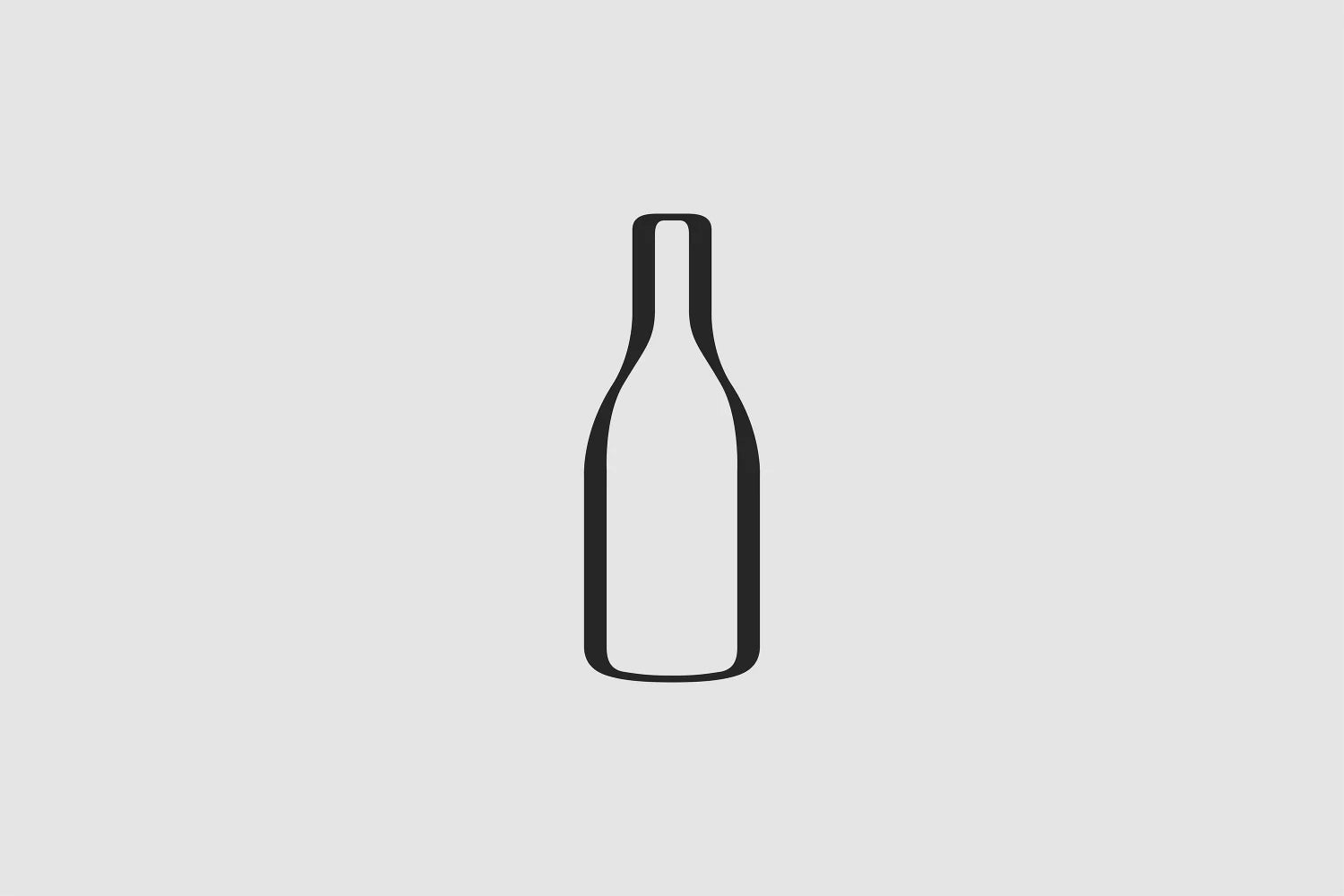Sometimes when a seemingly unsolvable problem arises, a clear-cut and effortless solution ends up being right under your nose; the same can also apply to wine. A bottle that fetches a premium price and requires years of cellaring isn’t always the medicine of choice. Instead, a wine that seamlessly blends affordability, youthful drinking, and spot-on varietal expression jumps to the fore. I’m describing today’s “Freiheit” Grüner Veltliner from Nigl, a wine that will quench any thirst while leaving your bank account pleasantly plump—even if purchasing a case!
The Nigl family embodies class and tradition, which comes across crystal clear in their wines: they are clean and pure, always focusing on precision over lavish style. Martin Nigl says it best: “It’s actually pretty easy to make a powerful wine with an alcohol content of 14%. The tricky part is to produce a wine with only 12% without losing all the beautiful features it has gained in the vineyard like fruitiness, finesse, elegance, density, and minerality.” I’ve had countless Grüners in my day and can confidently say what Nigl accomplishes for just $22 is downright astonishing. I don’t think it has an equal in this price range.
The Nigl family has been cultivating vines in and around the town of Senftenberg (known for its
12th century castle) for two centuries now, but have only recently marketed their own wine label. First-generation winemaker Martin Nigl was the catalyst, persuading his family to hold back portions of fruit in 1985 so they could begin crafting their own wines. Now, a small family business that once sold their crop to local co-ops has blossomed into an esteemed, sustainably farmed Austrian estate with 60+ acres of old, terraced vines throughout the Kremstal DAC.
Nigl’s fantasy name—“Freiheit”—for this Grüner comes with a story: The word translates to “freedom,” and is an homage to the history behind the centralized area from where he sources the grapes. This vineyard land is considered to be the first ever in Krems Valley owned by private citizens. Prior to this, all vines were controlled by nobility and/or the Church. Today’s wine is sourced from four old, Grüner-centric vineyards that sit on terraced hillsides above the riverside town of Krems, adjacent to the famous region of Wachau. The Nigls maintain a sustainable philosophy in these vineyards, tending to them naturally over the growing season and harvesting grapes by hand. The wine’s upbringing is clean, non-manipulative, and simple: a cool, natural fermentation in temp-controlled stainless steel tanks, a few months of aging, and bottling without fining at night—when the cellars are at their coldest.
In the glass, the wine displays a limpid straw-yellow with flashes of bright green leading out to a silver-tipped rim. Nigl is widely known for its clean, crystalline style—one that never sacrifices focus or mineral purity, which it clearly shows on the nose: ripe yellow apple, white peach skin, lime blossoms, Meyer lemon, fresh arugula, white pepper, and crushed stone. Though alcohol is moderate at 12%, this isn’t a thin wine—the palate reveals surprising weight alongside piquant acidity. Overall, minerality and refreshing spiciness shines brightest here, but garden fresh fruits make an appearance on the lingering finish. Keeping “Freiheit” around 50 degrees while consuming in all-purpose stems will provide you the best drinking experience. However, it will also keep over the next few years should you want it to! If you want a showy presentation, pick up a whole Red Snapper at your local fish market and roast it with lemon slices and sundry herbs. The pairing may look fancy, but at their core, both food and wine are simple, clean, and undeniably delicious. Cheers!
